A Quick Book Review
"...by the time the Cold War had started on its long course, the Olympic Games had become the largest and most prestigious international athletic festival in the world. That made it, in in turn, a perfect target for psychological exploitation."
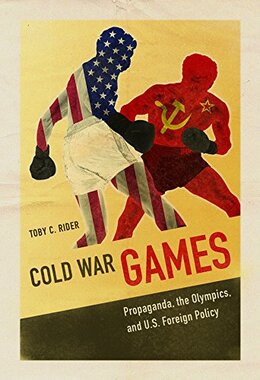
Olympic idealists may cringe, but the modern Olympics were structured at the start that made national competitions inevitable. Aside from the recent Refugee Olympic Team*, entries are allowed only through national committees, and national pride and passion is what has historically driven a significant fandom of the Games.
So, as the Soviet Union eyed an Olympic debut at Helsinki 1952, it was increasingly apparent that the emerging world power viewed an opportunity for athletic success to showcase its perceived communist system's success, as it looked to establish relevance in a post-war world. And, the U.S. took notice.
How the U.S. took notice - and responded - in the late 1940s into the 1950s is the focus of Cold War Games. Rider provides a deeply researched look at three elements: how the U.S. looked to leverage the "peaceful internationalism" ideals of the Olympic movement to support western ideas of democracy, how the U.S. worked a public relations campaign within host cities, and the overall effort to leverage the Olympic structure. The Olympics became an element in U.S. foreign policy interest to "...win World War III without fighting it." (Crusade for Freedom's Abbott Washburn).
Presented as an academic study, Cold War Games is exceedingly relevant for those who remember the fever pitch of the U.S. vs Soviet storylines as the Games approached, reaching its peak with the boycotts of Moscow 1980 and Los Angeles 1984. It's a shame, then, that Rider doesn't take his study through that period - although such a reader can draw the line there.
While not strictly an Olympics-focused book - Cold War Games is best seen as an examination of foreign policy through the Games - there is great perspective on Helsinki 1952 and Melbourne 1956 within the context of the Cold War. It's great insight for Olympic and political history fans to digest.
*Perhaps one of the bigger revelations is the idea of a "Refugee Olympic Team" was first proposed in the immediate post-war years, focused on refugees and "non-state" athletes from war-torn European nations. The proposal, which was ultimately rejected by the International Olympic Committee, wasn't entirely altruistic, however, as the emphasis on Eastern European refugees - namely, those fleeing the Soviet-bloc - would have also served as a p.r. coup in the Cold War context.
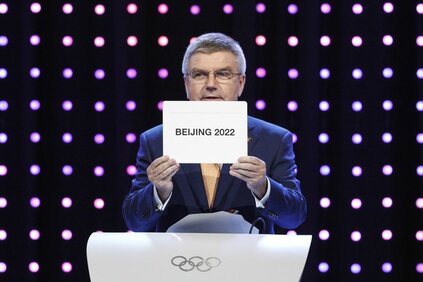
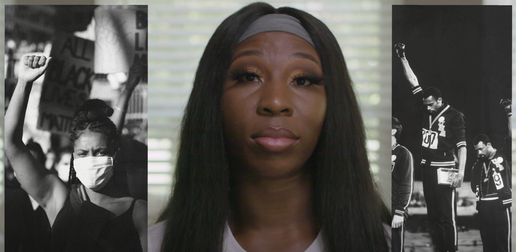
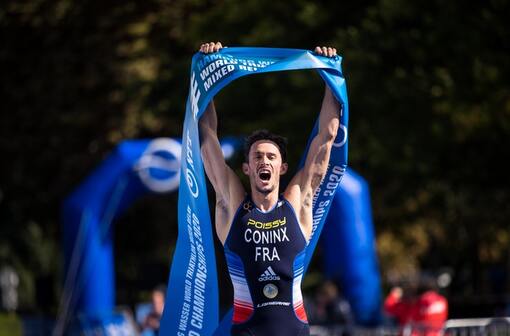
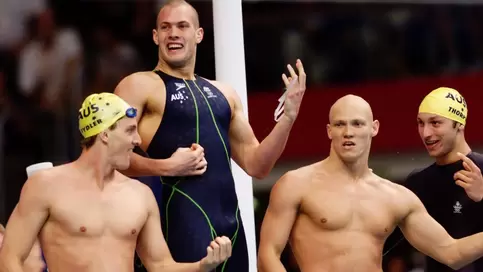
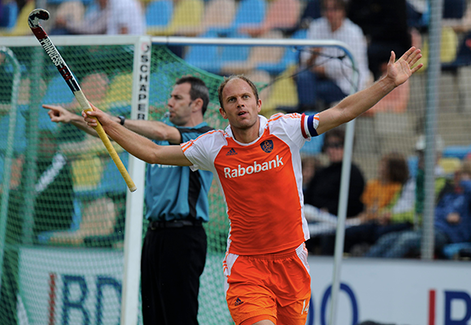
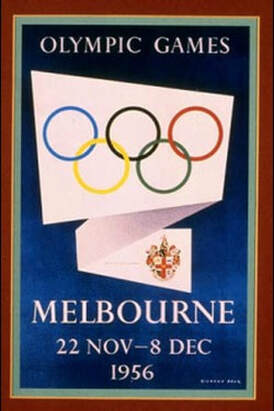

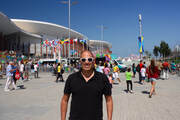
 RSS Feed
RSS Feed